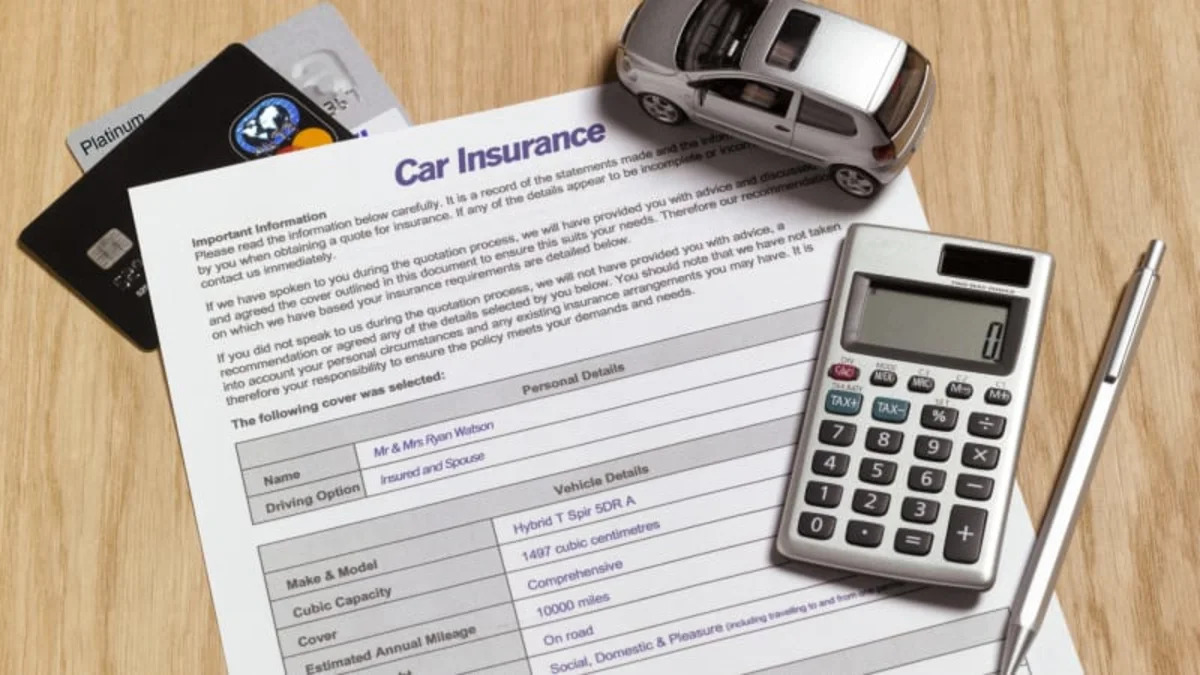Several factors affect that expensive auto insurance premium that has you shaking your head each time the bill comes in. Tweaking any one of them can reduce your payments, and adjusting more than one might result in a marked difference in cost. Don't wait for your agent or insurance company to be forthcoming about the little nips and tucks that lower your premium costs - go online or pick up the phone to ask.
Increase your deductible
The higher the amount of your deductible, the lower your premiums will be. This makes sense because you're assuming some of the responsibility for the damages when something goes wrong. You might swerve into a tree trying to avoid a family of ducks crossing the road and, although the ducks may go happily on their way, you're faced with a $5,000 car repair bill. Your insurer must pay $4,500 of that if you have a $500 deductible, but if you agree to a $1,500 deductible, the company's liability for the accident drops to $3,500. Your grateful insurer will charge less for coverage in exchange for a higher deductible.
Reduce your coverage
Deductibles apply to comprehensive and collision coverage, not to your liability coverage, which pays for damage caused to another driver's vehicle if you're at fault. If you own your car outright, you might want to figure out if carrying comprehensive and collision coverage are even worth it. They pay for damage to your own vehicle sustained in an accident, due to vandalism, or a freak occurrence of nature.
If you're insuring your son's jalopy that's worth at most $1,500 on a good day, you can just as easily spend out-of-pocket to buy him a new vehicle than to pay the deductible to repair the old one. The Insurance Information Institute suggests that if your vehicle is worth 10 times your premium or more, carrying comprehensive and collision coverage makes sense. Otherwise, you might want to take a pass, and shave a significant amount off the cost of your premium.
Pay your other bills on time
That popular rumor that auto insurance companies check your credit score has validity. Insurers use your score - or, more accurately, the information contained in your credit report - to derive a special insurance ?proprietary? score intended to predict how likely you are to file a claim. Fair or not, Consumer Reports says you might see your premiums jump by $500 a year or more if you don't pay your other bills on time, even if you have never submitted an insurance claim in your life.
Are you a risk behind the wheel?
Most people know that if you have a history of fender benders, your auto insurance premiums are going to increase accordingly. But you may not be aware that you can take certain steps to reduce costs if your driving record is less than stellar. Some companies offer premium discounts if you take a defensive or safe driving course, although these discounts are most common if you're insuring a teenager or an elderly parent.
You're less likely to be in an accident and make an insurance claim if you don't drive very much, so make sure your insurer knows if you travel less than the typical 18,858 miles the U.S. Department of Transportation says most 35- to 54-year-old males cover in a year. You may not come anywhere near this number of miles if you work from home or your place of employment is just up the street, but your insurer will assume you do, and will base your premiums on average statistics.
Bundle your insurance policies
Check to see how much you can save by ?bundling? your various insurance policies that are currently with separate insurers. Insurance companies want all of your business, so they'll generally cut you a break on premiums if you place both your homeowner's and auto policies with them. The Missouri Department of Transportation also suggests putting all of your vehicles on the same policy to lower your premiums.


Sign in to post
Please sign in to leave a comment.
Continue